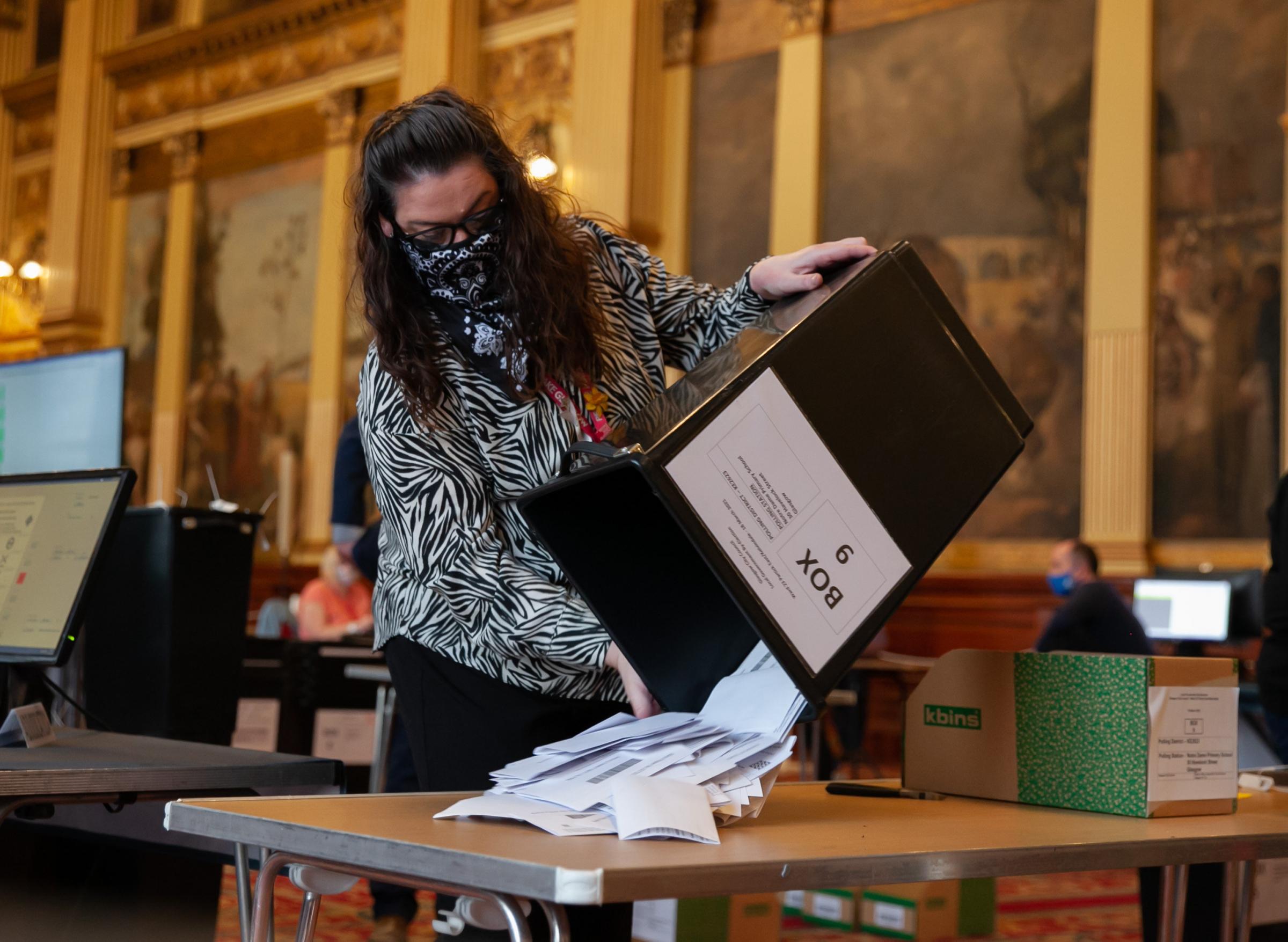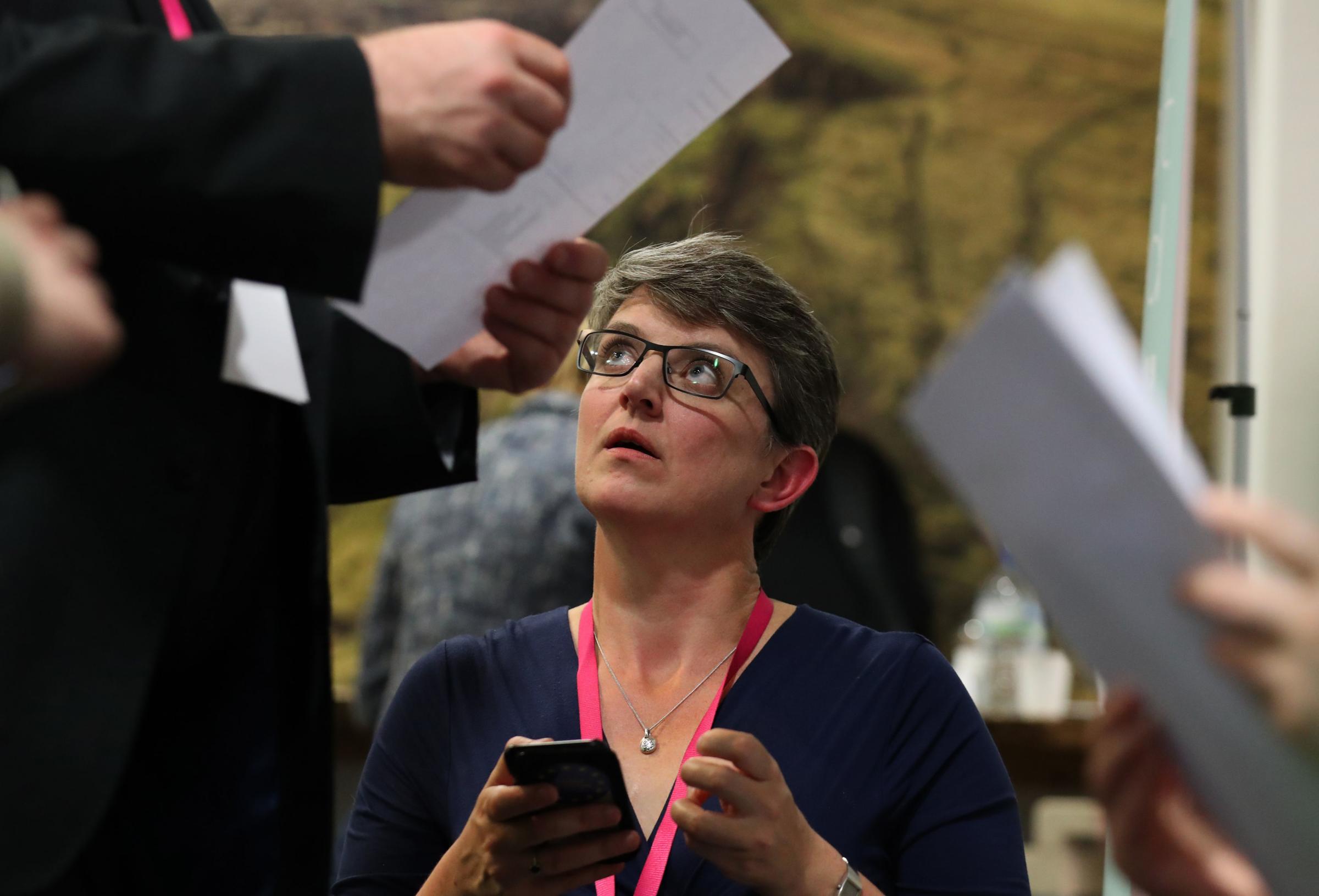
THE Scottish Tories have a lower percentage of female councillors than any of the other top Holyrood parties, the Sunday National can reveal.
Throughout the local authority election we detailed the gender balance of candidate lists across Scotland as voters prepared to pick their representatives for the next five years. And now that the results are in, we can detail how each party fared in female representation at local level.
We previously told how the SNP and Greens fielded a higher number of female candidates than their Unionist counterparts at both the Holyrood elections in 2021 and in the council elections on May 5. That trend was repeated this year with the Greens having the closest gender balance of their total elected councillors with 15 women (42.86%) and 20 men (57.14%) elected. This is reflected in their candidate list, as out of 239 52.72% (126) were male, while 46.44% were female.
The SNP came next in the gender balance list with 42% of their returned councillors at this election being women. They also had the highest individual number of women elected out of all parties, and 49% of their newly elected councillors were female. Labour and LibDems sit in the middle, the former getting 38.84% of their female candidates elected and the latter not far behind with 34.48%. This is not far off the gender balance of their candidate lists themselves, with Labour standing 63.41% male candidates (260) and only 36.58% female (150). The LibDems stood 67.16% (180) male candidates, and only 32.84% (88) female.
Out of the main Holyrood parties, the Tories had the worst result for female candidates, once again. Considering they stood the highest percentage of male candidates than any other party (72%) and the lowest female (28%), it is unsurprising that only 24.56% of the party’s elected councillors are female.
Independent candidates were also predominantly male, with just over 23% of female councillors returned.
Scottish Greens equality and human rights spokesperson Maggie Chapman MSP, below, said: “The Scottish Greens stood a higher proportion of women at this election than any other major party, having done significant behind-the-scenes engagement with members to encourage more women to stand.

“42% of our elected councillors are now women, a number that is significantly higher than the national average. And we elected our first trans woman councillor in Glasgow. There is still clearly much work to be done by all parties to increase the representation of women in politics, not least tackling the structural barriers that are in place, particularly the low pay that councillors currently receive.”
SNP council election campaign director and councillor Kelly Parry told the Sunday National she was glad the party are making progress, but agreed with Chapman that more needs to be done. She said: “It’s important to recognise the examples of sexism and misogyny that we have seen in recent weeks – not just in politics but across society – which we know deters women from entering politics or public life, and it must be urgently tackled if we want to see true equal representation in our politics.
“Additionally, the SNP is taking actions to help see this achieved which is having a positive impact. We are offering mentoring schemes, training events and leading a government that is one of only a handful in the world whose cabinet is gender balanced – and it’s clear parties taking bold steps like this are seeing more progress.
“We cannot be prepared to wait until 2037, as Women 5050 suggest, until we see these numbers balanced.” Every political party has a duty to step up to ensure that our political landscape is fair, diverse and representative of our society – but it’s clear that some have got more to do than others.”
A Scottish LibDem spokesperson said that the party is “always looking for ways to encourage more women to get involved in politics”.
They added: “It’s important that at every level we are making the most of the talents of the people of Scotland and the different perspectives they can bring.”
Scottish Labour said the party are committed to improving their figures and “fighting for greater equality and diversity at every level of government”.
A spokesperson added: “We will continue to take steps to boost the number of women standing and elected, both by using formal mechanisms during selections and through longer-term work to remove the barriers that prevent women from standing.”
The Scottish Tories did not respond to the Sunday National’s request for comment.When we approached them prior to the election regarding the parties lack of female candidates, a spokesperson said that “toxic attacks” on female politicians, particularly conservative ones, “make this harder”, but said they were working with groups Women 2 Win and Conservative Friends of BAME to encourage women to stand for election.







